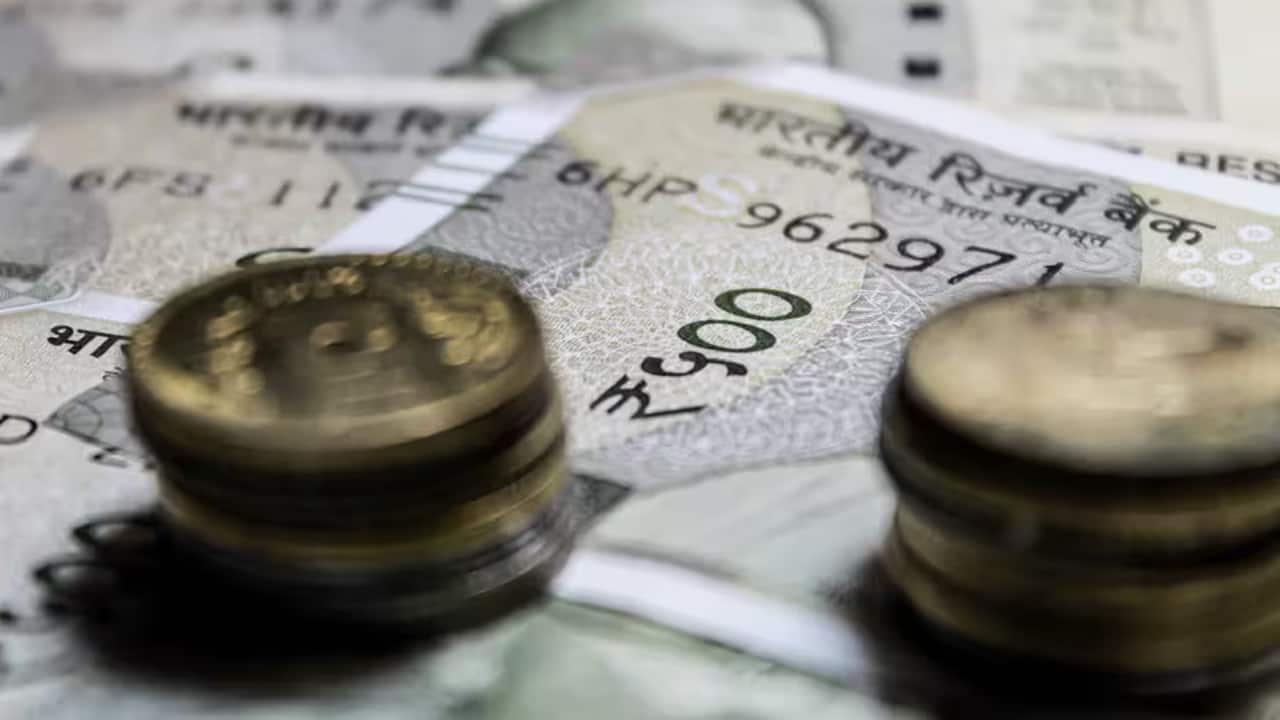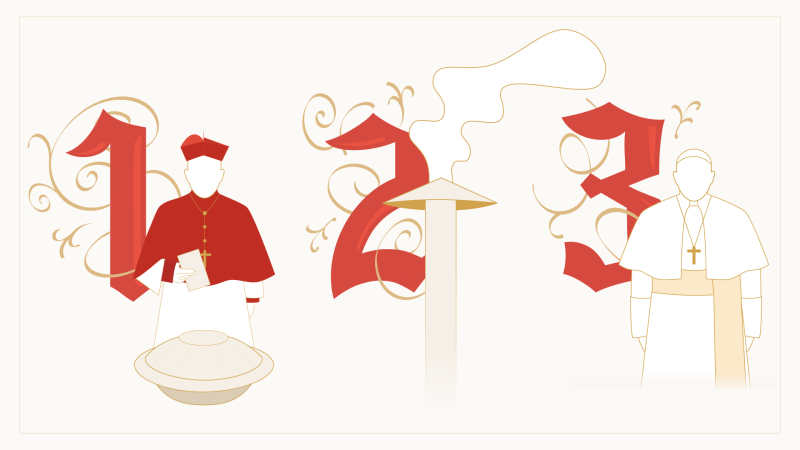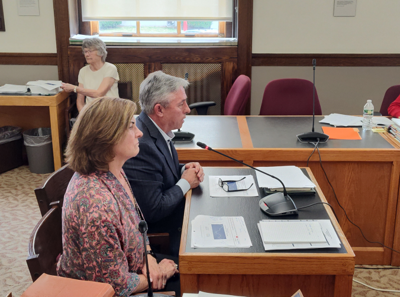For centuries, women entering marriage in Japan have been bound by the Confucian notion of personal sacrifice for the good of the family – and that has extended to their names. Encouraged by a sexual double standard and shaped by a general perception of Japan as a society made for men, most women abandon their maiden names when tying the knot. The law doesn’t give them much leeway on the issue.
Since 1947, Japanese Civil Code has stipulated that all married couples must share a common surname. Although in theory that name could be that of the husband or wife, in practice it is almost always the man’s. Indeed, around 95% of all marriages in Japan are registered under a husband’s surname.

But there are signs that things could be changing. A 2025 Jiji Press survey found that a rising percentage of lawmakers – about 44% – back a system that would allow for dual surnames. This, along with Prime Minister Shigeru Ishiba’s stated openness to a selective separate surname option, has given fresh hope that married women will be able to keep their names.
As a scholar of gender relations and family law in Japan, I know a change would be welcomed by many across the nation. In interviews carried out during the past 15 years, many women have told me of their strong desire to keep their maiden names. Today, around 60% of Japanese people – both men and women alike – approve of a change in the law to allow husbands and wives to have separate surnames.
But to date, lawmakers have failed in their attempts to change a Civil Code that is seemingly at odds with the Constitution, which guarantees equality between men and women and between a husband and wife in marriage. The main barrier has been the conservative Liberal Democratic Party, or LDP, which has been in power for much of the post-World War II era. LDP lawmakers have repeatedly squashed proposals, stating that a legal change would threaten the traditional family structure.
Since Japan’s Supreme Court in a 2015 decision sent the question of separate surnames back to the National Diet, the LDP has prevented legislation from reaching the parliamentary floor. But despite a largely male and conservative legislature, the government is facing increasing pressure from opposition members in parliament, who argue that separate surnames should be permitted in marriage. In Ishiba, the leader of the Liberal Democratic Party as well as the country’s leader, they finally have a powerful ally on the LDP side of the ledger.
In Japan, a surname links a woman, or a man, to siblings, parents and grandparents, as well as to the places where their ancestors lived and worked. It’s a meaningful part of one’s identity. As a married woman I interviewed told me: “When they call me by my husband’s name at the bank, I feel they are referring to someone else.
It doesn’t feel like me.” But beyond the symbolism and sense of identity, changing a surname has broader social consequences, especially in the workplace. The average age at marriage in Japan is 29.
7 for women and 31 for men. By the time many women marry, they have been in the workforce for 10 or more years and have developed a professional identity using their maiden names. In Japan, work relationships are usually conducted using last names.
As one interviewee explained to me: “We just don’t use first names at work in Japan.” [Abridged].
Politics

Japanese women have long sacrificed their surnames in marriage − politics and demographics might change that

For centuries, women entering marriage in Japan have been bound by the Confucian notion of personal sacrifice for the good of the family – and that has extended to their names. Encouraged by a sexual double standard and shaped by a general perception of Japan as a society made for men, most women abandon their [...]The post Japanese women have long sacrificed their surnames in marriage − politics and demographics might change that appeared first on MACAU DAILY TIMES 澳門每日時報.















